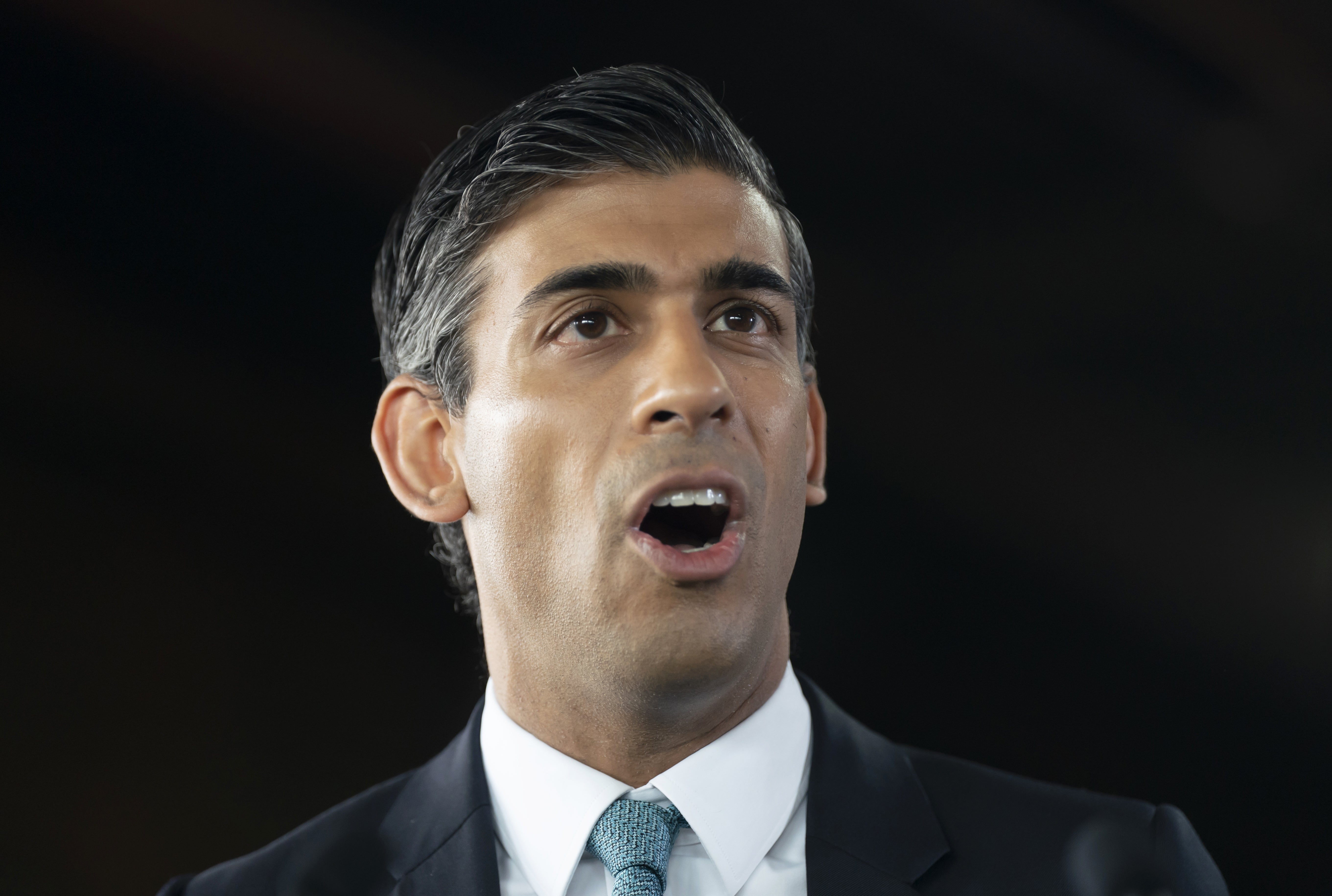Rishi Sunak was right to reject a VAT cut on energy bills - it’s a shame he changed his mind
The debate over VAT is one where it appears that principles have been sacrificed in favour or realpolitik, argues Ben Chapman


Rishi Sunak has been accused of “flip-flopping” over a VAT cut on energy bills after he came out in favour of a policy that he voted against and criticised last year.
Slashing the tax rate on domestic energy bills from 5 per cent to zero would save households £160, he pointed out this week.
That was in contrast to his previous position in which he said he could not support a VAT cut because it would “disproportionately benefit wealthier households”.
Labour seized the opportunity to point out that Sunak had finally seen the light on a proposal they had backed for months. It was also a good chance to score points against the former chancellor, who is seen by many as a stronger opponent in a future general election than his rival for the Tory leadership, Liz Truss.
Rachel Reeves said: “The former chancellor opposed this every step of the way since Labour proposed it in October – whipping Tory MPs to vote against it time after time.”
The political motivation for Sunak’s about-face is clear: his rival Truss, has promised to cut energy VAT and it is a popular policy.
The economic case for cutting VAT is less clear-cut. Sunak’s earlier statement was correct. Wealthier people spend more on energy because they use more, on average. By definition, therefore, they will receive a bigger reduction.
Lower-income families may indeed feel the impact more acutely, even though the benefit they receive is smaller, in cash terms, because energy makes up a bigger proportion of their budgets.
However, if – as Sunak’s earlier comments suggest – his overriding concern is providing government support only to those most in need, then there are far better ways to do it than through a VAT cut.
For example, the “social tariff” proposed by MPs on the Commons business committee this week, would cut bills for people defined as vulnerable.
The costs of providing heating for people with disabilities or on low incomes would be borne in part through general taxation. Meanwhile, households with greater means to pay would see their bills rise.
As the Rishi Sunak of a few months ago might have argued, this is a better use of public money than cutting tax for everyone, regardless of wealth or income. But it’s less likely to win over Conservative members, who tend to be older and better off than the electorate as a whole.
The debate over VAT is one where it appears that principles have been sacrificed in favour of realpolitik. It is an unfortunate but inevitable impact of a vote where a tiny and unrepresentative sliver of the population gets to decide who becomes our next prime minister.
Join our commenting forum
Join thought-provoking conversations, follow other Independent readers and see their replies
Comments
Bookmark popover
Removed from bookmarks